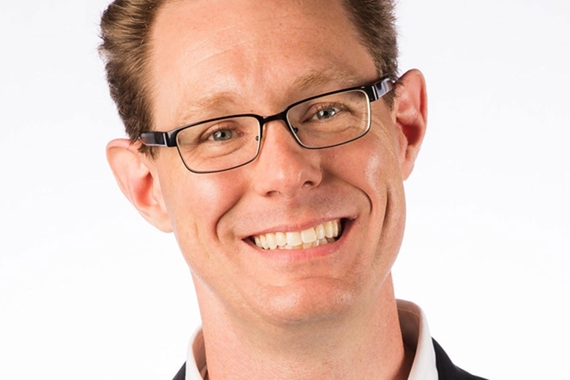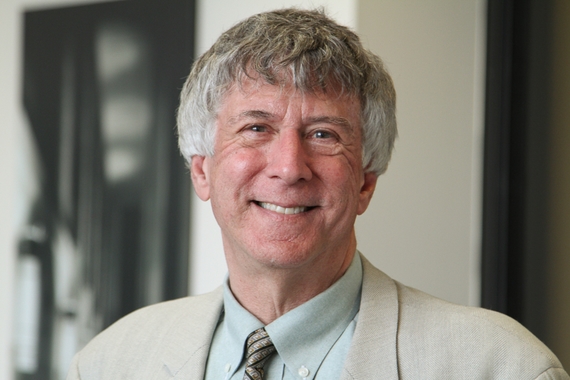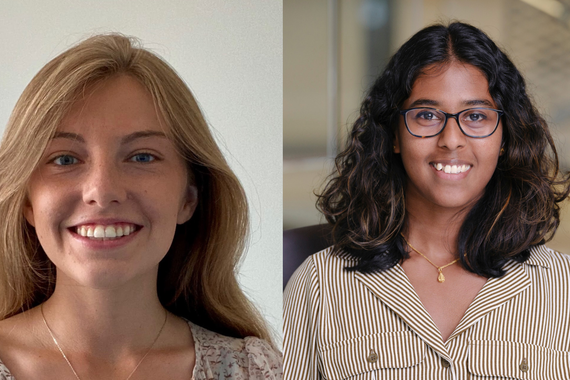Deniz Ones

Like many past and present University of Minnesota psychologists, Deniz Ones, PhD, has a deep interest in individual differences. Ones knows that “each of us are different from one another, and that is a very good thing,” because she has spent her career measuring those differences, showing that diversity promotes adaptability in organizations and societies in a variety of unexpected ways. Specifically, Ones’ research focuses on optimal ways of measuring psychological characteristics of individuals that can then be used to explain and predict their work behaviors. Through measurement, Ones stated that “before [employees] even set foot in their jobs, we can make predictions based on their psychological characteristics, what their behaviors will be, their liabilities, and what we should expect from them. [Also], how those employees can best maximize their potential on the job.” And Ones can even narrow those predictions based on occupational family. For instance, in healthcare, models show that it is relatively more important for medical practitioners to be “rule-following” and “conscientious” than it is for them to be “nurturing” for maximizing overall job performance.
In 2009, Ones began investigating ways to measure, explain, and predict environmental sustainability behavior in the workplace and, therefore, what companies can do to advance related initiatives through their employees to help tackle the challenges of climate change. Prior to 2009, no one really understood the different categories or “buckets of behaviors” that could help organizations achieve their goals in this realm. After measuring a wide variety of personality characteristics, Ones uncovered that there are “ten thousand things you can do at work for the environment” that are catalyzed via diversity among employees; “the psychology of each of us being different is an asset for different types of [environmental sustainability] behavior.” For example, Ones found that people who score high on conscientiousness are good at conservation and, thus, good at advancing 3Rs-related initiatives (i.e., reduce, reuse, and recycle). Conversely, individuals who are high on “openness” and “change orientation” tend to be good at designing new tools, machinery, processes, etc. (e.g., eco-friendly products). Because Ones can measure and quantitatively model that there is a role for all of us in contributing to and improving our workplaces, across all our individual differences, she can help explain to organizations how they can leverage that deep diversity to achieve their goals.
Ones, Deniz S., Stephan Dilchert, Brenton M. Wiernik, and Rachael M. Klein. “Environmental Sustainability at Work.” Essay. In The SAGE Handbook of Industrial, Work and Organizational Psychology 3, edited by Deniz S. Ones, Neil Anderson, Handan Kepir Sinangil, and Chockalingam Viswesvaran, 2nd ed. Vol. 3. London, United Kingdom: SAGE Publications Ltd, 2018. https://doi.org/10.4135/9781473914964.
Ones, Deniz S., Brenton M. Wiernik, Stephan Dilchert, and Rachael M. Klein. “Multiple Domains and Categories of Employee Green Behaviours: More Than Conservation.” Essay. In Research Handbook on Employee Pro-Environmental Behaviour, edited by Victoria Wells, Diana Gregory-Smith, & Danae Manika, 13-38. London, United Kingdom: Edward Elgar Publishing, 2018. https://doi.org/10.4337/9781786432834.00007.
Wilmot, Michael P., and Deniz S. Ones. “Agreeableness and Its Consequences: A Quantitative Review of Meta-Analytic Findings.” Personality and Social Psychology Review 26, no. 3 (February 28, 2022): 242–80. https://doi.org/10.1177/10888683211073007.
Wilmot, Michael P., and Deniz S. Ones. “Occupational Characteristics Moderate Personality–Performance Relations in Major Occupational Groups.” Journal of Vocational Behavior 131 (December 2021): 103655. https://doi.org/10.1016/j.jvb.2021.103655.


